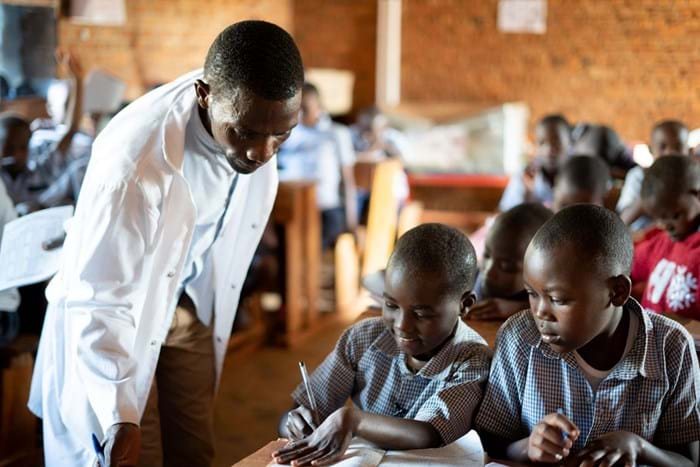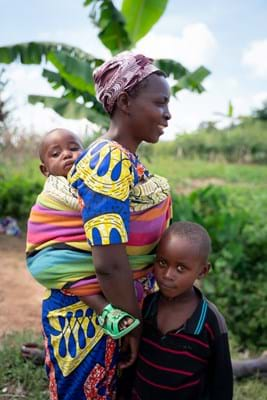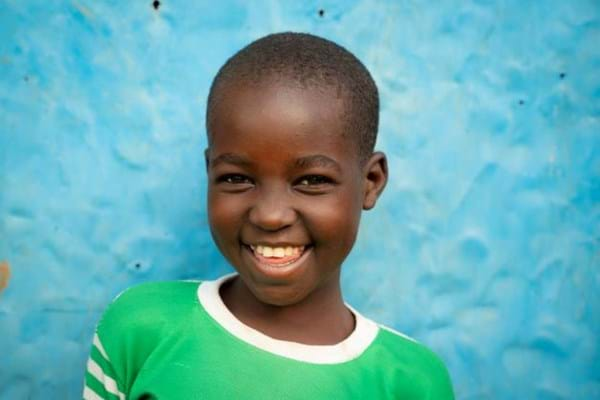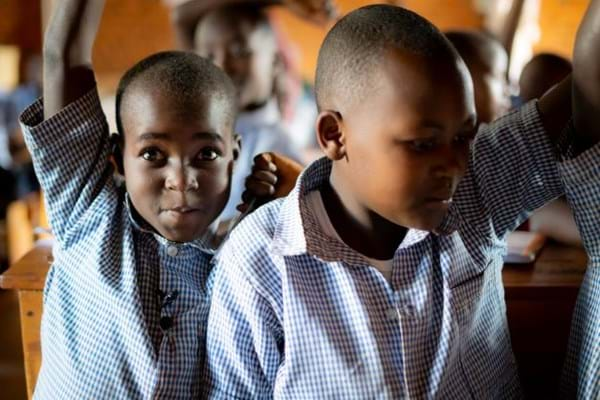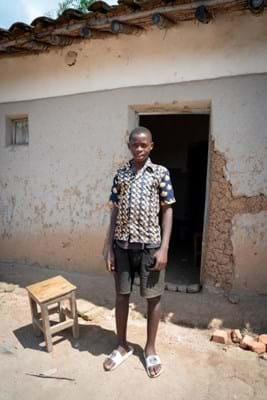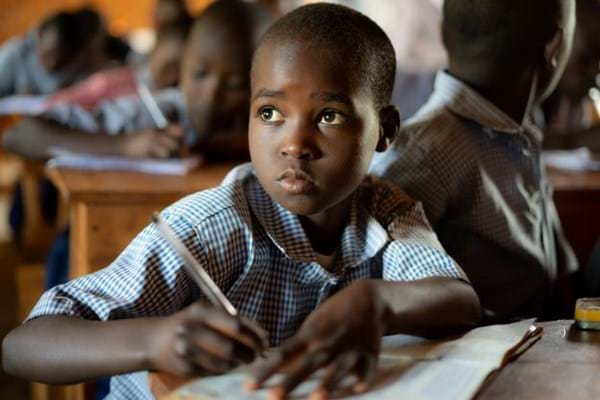- 00,000
children and youth benefit from the program
- 000
public schools are targeted and 480 teacher mentors selected and trained
Where
Bugesera, RwandaFocus area
EducationDuration
2022-2025Economy
DKK 10 million
A holistic approach to address children's needs
KURA UMENYE is built on three thematic pillars that help to promote child well-being. Hempel Foundation primarily supports pillar two. Eight districts have been selected as locations for the project implementations: Gasabo, Bugesera, Kayonza, Rwamagana, Gicumbi, Musanze, Nyamagabe, and Huye.
- Family strengthening and reintegration: 1,000 families will be supported through trainings aiming at empowering them with instruments to make well-informed and responsible decisions. Caregivers' capacity will be enhanced training them in parenting skill, conflict resolution, economic empowerment and linkage with social safety nets service providers.
- Education through remedial after school program: It offers the possibility of focusing on those students who are lagging behind academically and target teaching at a level that is appropriate for their current level of skills. Remedial teacher mentors reteach core skills, and provide extra support to help students catch up to their peers.
- Mental Health, Psychosocial support, Adolescent Sexual Reproductive Health Rights: Through psychosocial support sessions and guidance, the children will be able to develop problem-solving skills which can help them to deal with the psychological problems affecting and impacting their studies. The project intends to increase access for children, adolescents and young people to these services. Furthermore, young adolescents will be empowered in claiming their sexual and reproductive health rights.
